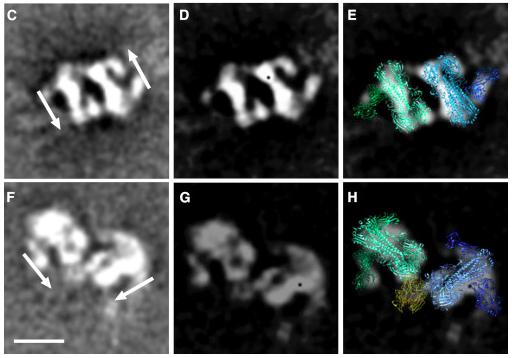During flu season, I write a lot of articles promoting the flu vaccine. Why? Because it is the best way to avoid getting the flu.
I also talk to a lot of people about the flu vaccine and why they are (or are not) getting one. Inevitably, I hear that the flu vaccine is "terrible this year" or "doesn't even work." And, although that is not true, the flu vaccine certainly could be better.
Vaccines kick-start the body to make protective antibodies specific to the bacteria or virus of choice. For example, the MMR vaccine tells the body to make antibodies to measles, mumps and rubella and the flu vaccine tells the body to make antibodies against the flu.
These protective antibodies are of the IgG class of antibodies. There are five major classes of antibodies, IgA, IgD, IgE, IgG and IgM. Although all classified as immunoglobulins, they have different roles in different areas of the body.
But, new research from The Scripps Research Institute in San Diego has found that these IgG antibdodies may not be the most important ones when it comes to fighting off a flu infection.
The team at the Scripps found that IgA antibodies actually neutralize the influenza A virus better than IgG antibodies. This can be seen in the figure below where the data shown in red represents the IgA antibodies and the data in black shows the IgG antibodies.

IgA antibodies are known as the "secretory" antibodies, because they are largely found in secretions. They coat the gastrointestinal tract, the lungs and other mucus membranes, which constantly come into contact with pathogens. They cannot be made by through vaccination, however.
So, although the IgG response is important because it can be made months before flu season starts, and offer protection for when the flu season hits, harnessing this information about the role of the IgA antibody might result in a much more robust plan for fighting off the flu.
The team also found that part of the IgA antibody (the C-terminal tail) competes with - and potentially blocks - the virus from binding to the sialic acid receptor offering another way that the IgA antibody could be explored for a flu treatment.
So, although this will certainly not change how we approach the next flu season or the season after that, this information may be the start of making the flu vaccine and other treatments much more effective.
Source: Maurer MA et al. Glycosylation of Human IgA Directly Inhibits Influenza A and Other Sialic-Acid-Binding Viruses Cell Reports Volume 23, Issue 1, p90–99, 3 April 2018




